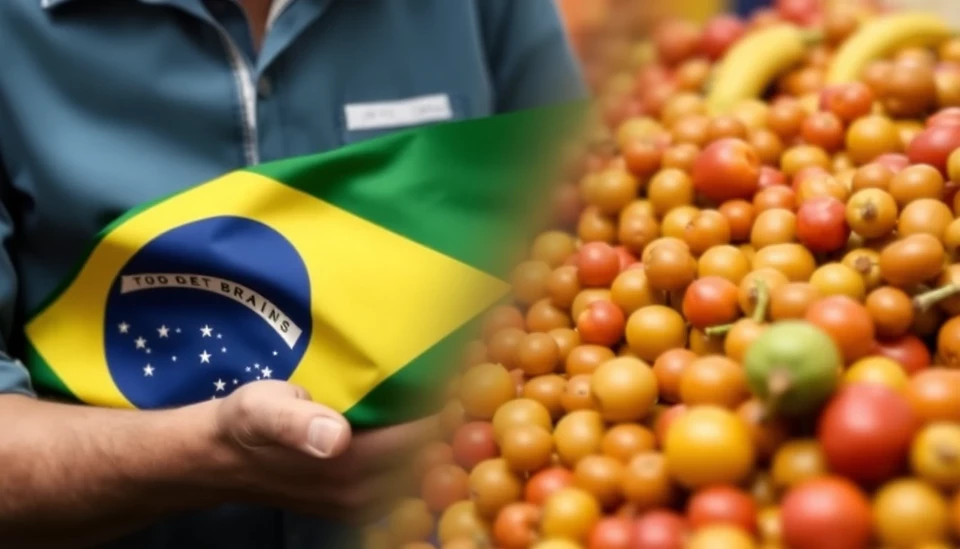
In a strategic effort to mitigate the impact of soaring food costs, the Brazilian government has announced a significant reduction in import tariffs. This initiative aims to alleviate the financial burden on consumers who have been grappling with escalating food prices, a situation exacerbated by inflationary pressures and supply chain disruptions.
In a press release from the Ministry of Finance, officials stated that the reduction in import taxes will apply to a range of essential food items, including wheat, rice, and cooking oil. This move is expected to encourage increased imports and enhance domestic availability of these crucial goods, ultimately leading to more competitive prices in local markets.
The government’s decision comes in response to widespread public concern about food affordability. With inflation rates hovering at multi-year highs, many Brazilian households have faced tough choices at grocery stores. The increase in basic food products has been particularly alarming for lower-income families, prompting demands for swift action from the government.
Finance Minister Fernando Haddad emphasized that this measure is part of a broader economic strategy designed to stabilize the market and protect consumers. He noted that while the government remains committed to supporting local agricultural producers, immediate action was necessary to prevent further hardship for ordinary citizens.
Experts in the agricultural sector have welcomed the announcement, suggesting that lowering import taxes could lead to an influx of foreign goods, which would help counterbalance local price spikes. Analysts predict that by making imported products more accessible, the government will create a more favorable competitive environment for consumers, thereby driving down prices across the board.
However, some agricultural lobbyists have expressed concern over the potential long-term effects of such measures. They argue that while the immediate relief for consumers is essential, a sustained decrease in import tariffs could undermine local farmers' livelihoods if not managed carefully. A delicate balance will need to be struck to ensure that local agriculture continues to thrive while also keeping food prices in check.
The Brazilian government has indicated that it will monitor the situation closely and may be prepared to adjust policies as needed in the future. As they implement this bold economic strategy, officials remain optimistic that these tax cuts will lead to a more stable and affordable food market for all Brazilians.
In conclusion, Brazil’s decision to cut import taxes on essential food items reflects a proactive response to rising costs that threaten the well-being of its citizens. As the government navigates the challenges of inflation and food security, the focus remains firmly on providing relief and support to those most affected.
#Brazil #FoodPrices #ImportTaxes #EconomicPolicy #ConsumerRelief #Inflation #Agriculture #FoodSecurity
Author: Rachel Greene




